Over the last few months, Dr Paul Whittington (Lecturer in Assistive Technology) has participated in three public engagement events to promote their assistive technology research currently being conducted at BU.
Dr Whittington was invited to attend an event at the Ace Centre, Abingdon, where Layla Moran MP was present to learn about the charity work at Ace Centre. The Ace Centre specialises in providing alternative and augmentative communication devices for people with disabilities. This was another opportunity for Dr Whittington to discuss their recent research on EduAbility, an Android application to provide assistive technology recommendations and training, to teachers, support staff, parents and carers. During this visit, Dr Whittington viewed the products that are supplied by the charity to assist in communication and hear the experiences from a user of this technology who attended the event. EduAbility received positive feedback from Layla Moran MP and Ace Centre, who acknowledged that there is a need for this type of application. EduAbility is currently being evaluated by local special educational needs and mainstream schools and is anticipated to be released publicly later in the year. The development of this application has been funded through the Faculty, as well as grants from Mazars Charitable Trust and the Alice Ellen Cooper Dean Charitable Foundation.

In July, Dr Whittington was invited to participate in the Panel at the Disabled Students Forum 2022. The Forum is organised by Inside Government and provides best practice guidance on improving accessibility of teaching and learning, as well as enhancing student experience for those with disabilities in higher education. The theme of the Panel was ‘Using the Latest Assistive Tech Innovations and Ideas to Support Teaching and Learning, and Enhance the Student Experience’ and this was an opportunity for Dr Whittington to address the delegates with his assistive technology experience and views on the current challenges in the sector. The Forum is specifically designed for the higher education sector and the delegates include Heads of Student Services, Disability Advisors, Student Engagement Managers and Senior Lecturers.
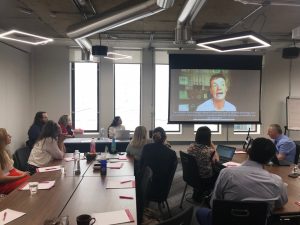
A third recent assistive technology event, 2nd Workshop in Diversity, Accessibility and Inclusivity in Cyber Security (DAI) at the BCS HCI 2022 Conference, was organised by academics from the Departments of Computing and Informatics (including Dr Whittington and Dr Dogan). This was held as a virtual Workshop alongside the main Conference at Keele University. Dr Whittington and Dr Dogan had a paper accepted at this Workshop, which focused on the development and evaluation of Authentibility Pass. This is a second Android application that enables people with disabilities to communicate their authentication and accessibility requirements to organisations.
We anticipate holding the 3rd DAI Workshop at the BCS HCI Conference next year, which may have a broader assistive technology theme. At the end of 2022 or early 2023, we are also planning an International Assistive Technology Symposium, an opportunity for academics, organisations and charities to present their assistive technology research. We will be organising this event in collaboration with our research partners in Malaysia, Malta, South Africa, Turkey, UK and USA and will update with further details.



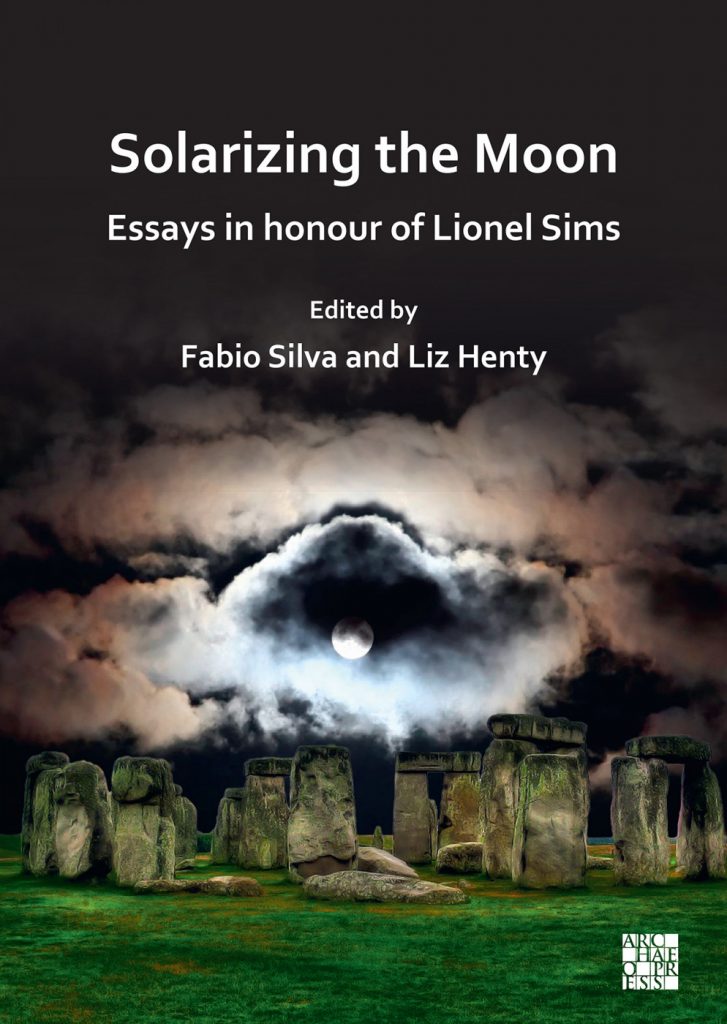


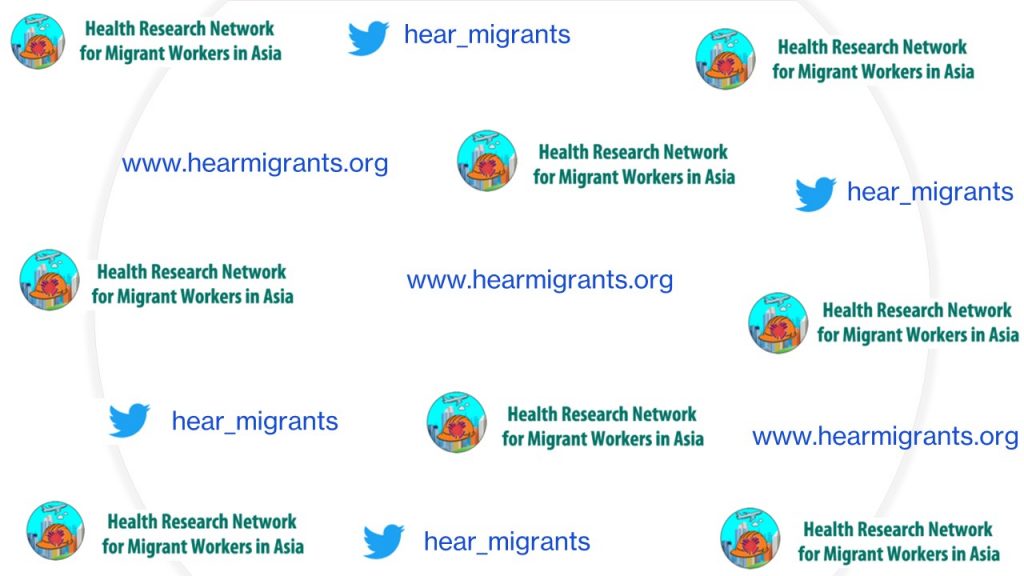

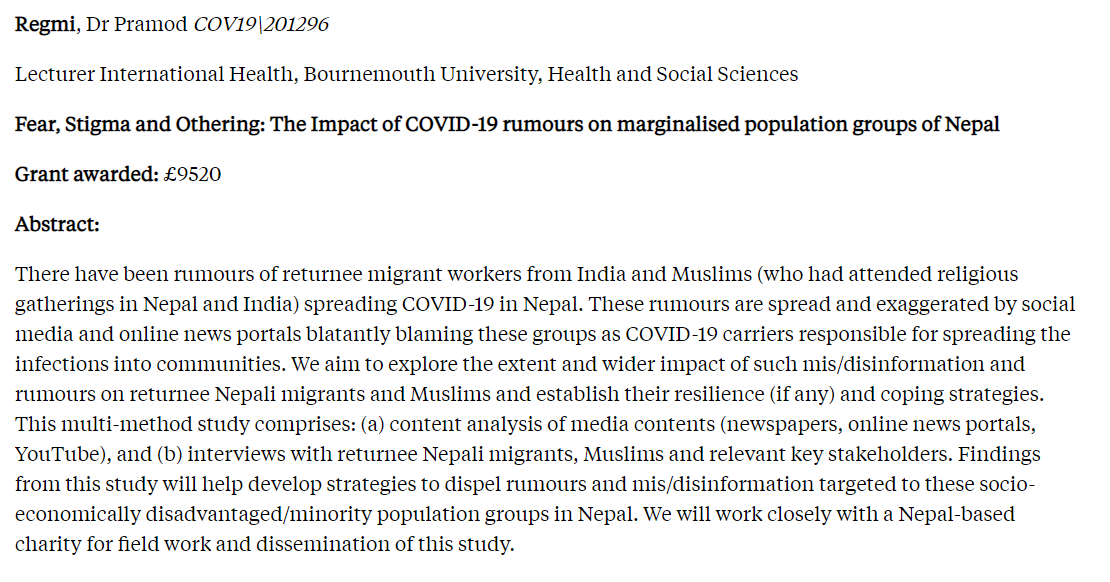

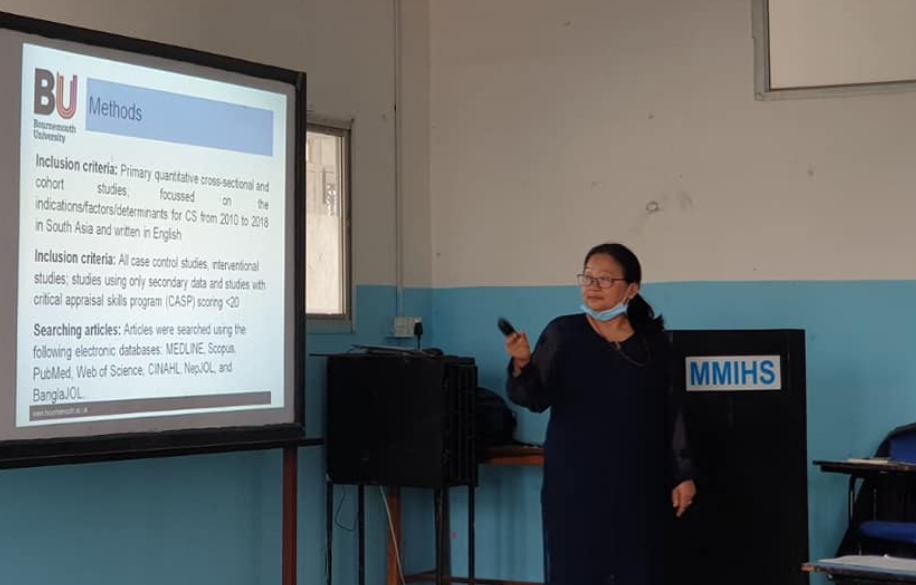
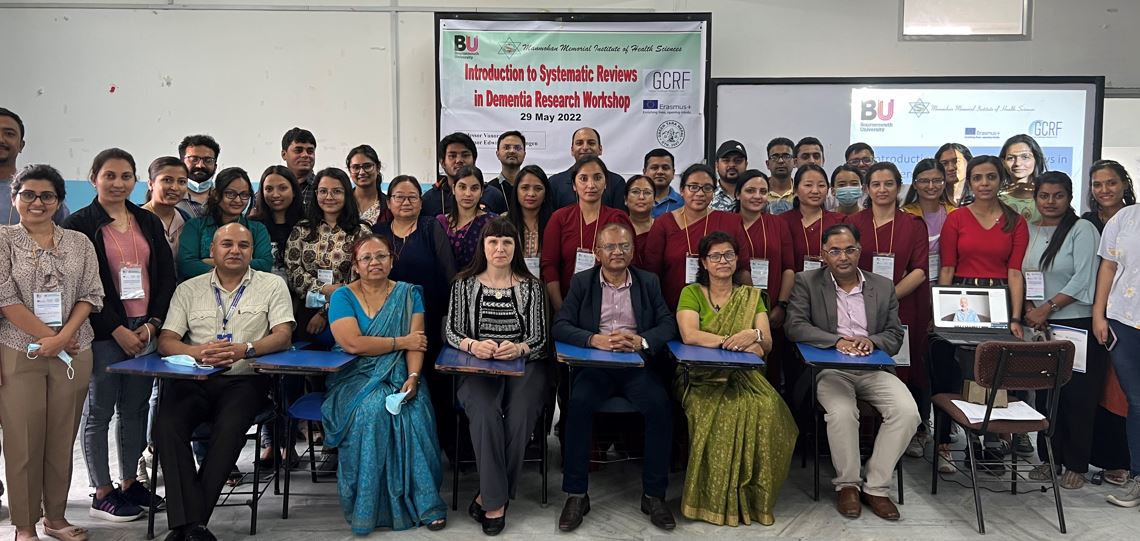

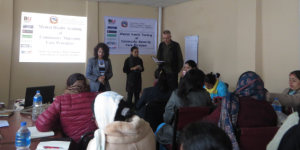


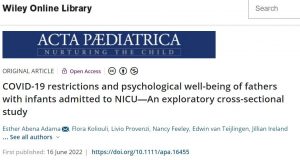
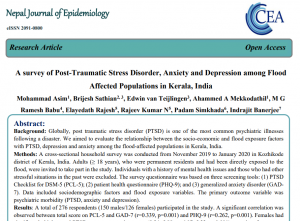


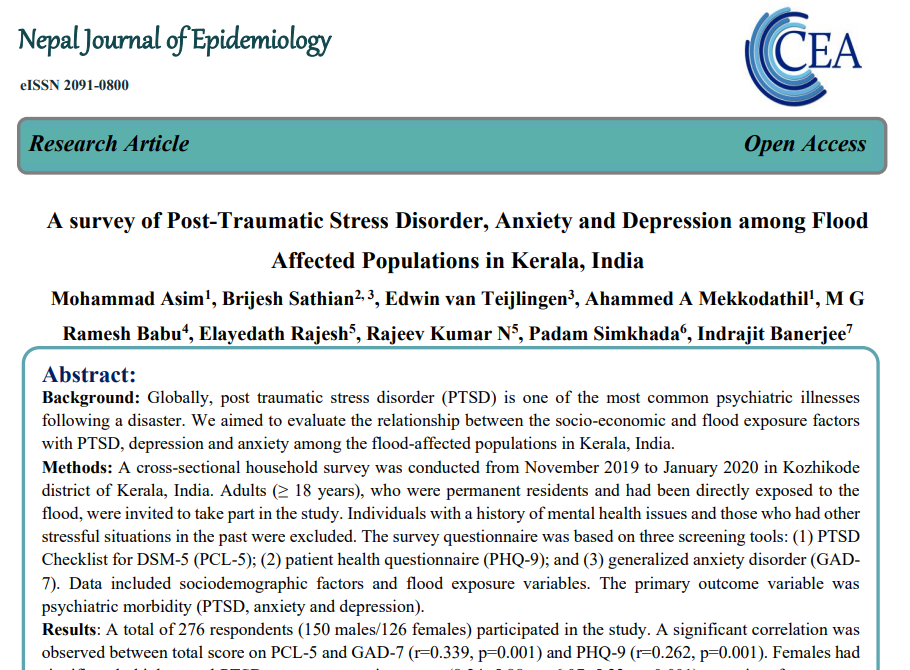
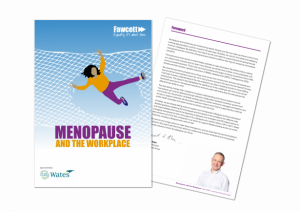


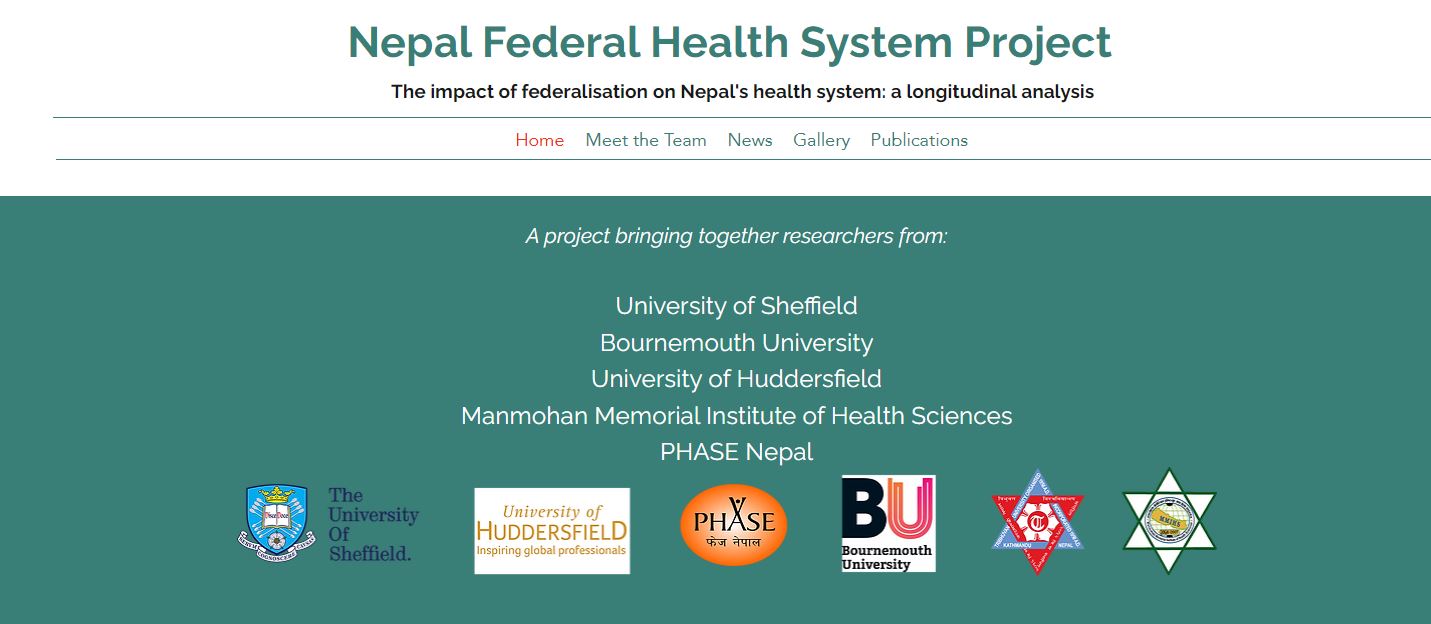














 Conversation article: How 2-Tone brought new ideas about race and culture to young people beyond the inner cities
Conversation article: How 2-Tone brought new ideas about race and culture to young people beyond the inner cities Upcoming 3C Event – PGR Culture, Community & Cake
Upcoming 3C Event – PGR Culture, Community & Cake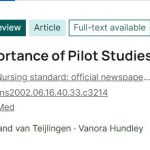 Paper with 160,000 reads
Paper with 160,000 reads The Month in Research: April 2024
The Month in Research: April 2024 Apply for up to £1,000 to deliver an event and take part in a national festival of public engagement with research
Apply for up to £1,000 to deliver an event and take part in a national festival of public engagement with research MSCA Postdoctoral Fellowships 2024
MSCA Postdoctoral Fellowships 2024 Horizon Europe News – December 2023
Horizon Europe News – December 2023